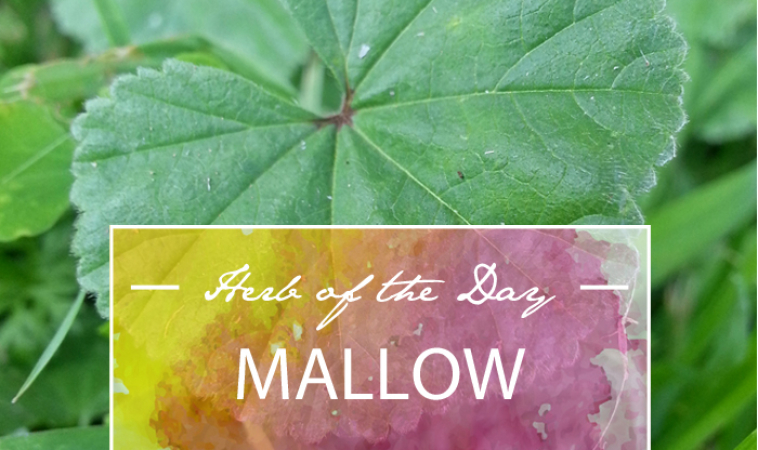Common mallow, Dwarf mallow or Cheeseweed (Malva neglecta) is one of those plants that is really easy to find, even in the city. And as the name implies, it is found most easily in neglected areas. The leaves and flowers are both edible and medicinal.
It is related to the other members of the Malvaceae family, such as hibiscus and hollyhock, but also the more familiar herbal remedy Marsh mallow (Althea officinalis). The whole group is known for their mucilaginous properties that help to soothe and heal all mucosal membranes internally, but can be used topically as well.
In addition to its mucilaginous compounds acting as an emollient and demulcent, it is astringent, diuretic, expectorant,and anti-inflammatory. So it really is great for all mucosal organs, which include the gastrointestinal, urinary, respiratory and genital tracts. Externally it is valuable as a poultice for bruises, insect bites and other wounds. Which makes three herbs I have told you thus far, which can be found in almost every yard, that can be chewed up and applied to a wound (All-heal and Plantain were the other two).
It is best used as a cold infusion or in a capsule. Althea does come as a tincture, but should not be mixed with other herbs with more lipid-soluble profiles. The alcohol solution will cause the water soluble mucopolysaccharides to settle out and produce a lovely mucus ball in the bottom of the bottle. Yuck!
Lastly, this herb looks a little bit like another plant I’ll be writing about, Ground ivy. Notice that the leaves for the mallow look like they have been folded up like a paper fan. Ground ivy may be approximately the same size and shape, but does not have the folded creases.
 Jen Williamson, ND is a native of Buffalo, New York who earned her Bachelor of Science at Gannon University in Erie, Pennsylvania and a Doctorate of Naturopathic Medicine from Southwest College of Naturopathic Medicine in Tempe, Arizona. While in medical school, she became very involved in the student community, most notably as the President of the Student Government Association. For her service, upon graduation she was given the Outstanding Leadership Award.
Jen Williamson, ND is a native of Buffalo, New York who earned her Bachelor of Science at Gannon University in Erie, Pennsylvania and a Doctorate of Naturopathic Medicine from Southwest College of Naturopathic Medicine in Tempe, Arizona. While in medical school, she became very involved in the student community, most notably as the President of the Student Government Association. For her service, upon graduation she was given the Outstanding Leadership Award.
In the spirit of Docere, the Naturopathic principle of the doctor’s role as teacher, Dr. Williamson was an adjunct professor in the Complementary and Alternative Therapies program at Daemen College. She has had articles in a variety of publications, including Naturopathic Doctor News and Review, SheKnows.com, local Buffalo magazines and papers, as well as her own newsletter, blog and website. While practicing in Buffalo, she also offered over 30 different classes to the public at various events and locations.
In 2012, Dr. Williamson moved to Vermont to expand her practice of Naturopathic Medicine as well as provide an atmosphere that resonates with her medicine for her son, Victor, and husband, David. As a Primary Care Physician at Avalon Natural Medicine, Dr. Williamson focuses on mental/emotional, gastrointestinal, and endocrine disorders. Most of her treatment plans include a combination of nutritional, herbal and homeopathic remedies, but she has also received additional training in Hair Trace Mineral Analysis and Bowel Nosodes.
















